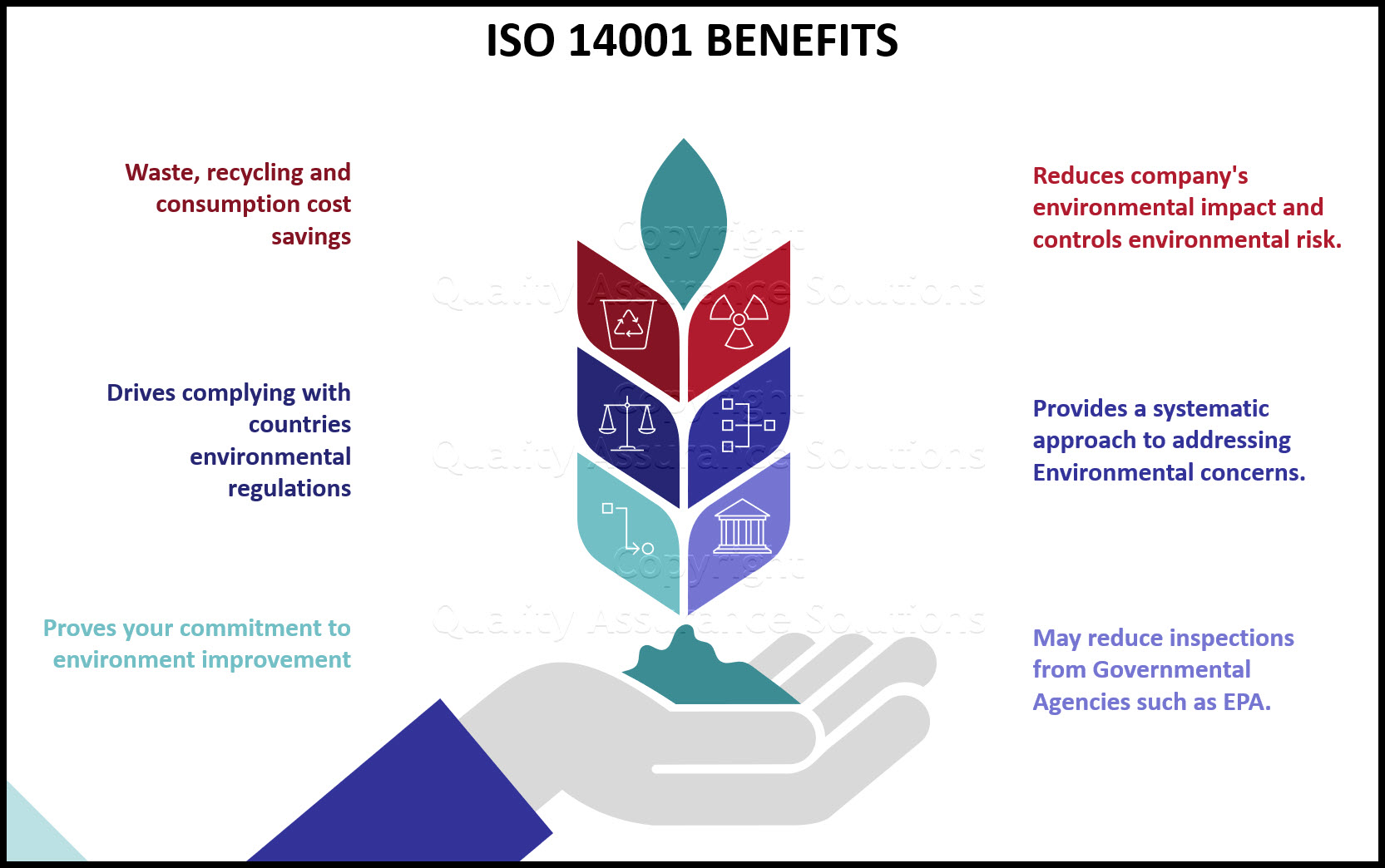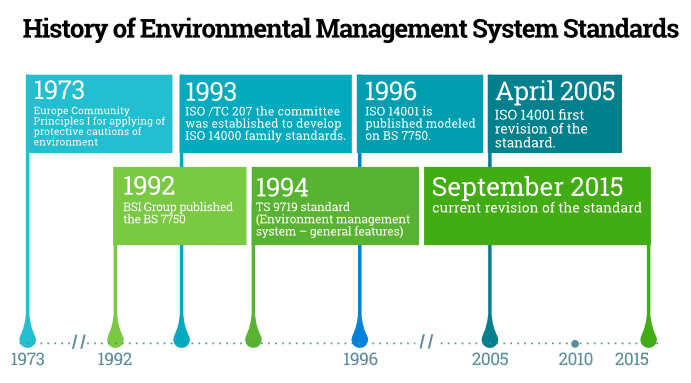

Guidance on the evaluation of competence of individuals involved in the audit process, including those managing the audit programme, auditors and audit teams.This is an international standard that provides guidance on auditing management systems, including:
#Iso 14001 standard purchase iso
The principles of internal auditing are contained in ISO 19011:2018 - Guidelines for auditing management systems. Principles of AuditingĪuditing relies on a number of principles whose intent is to make the audit become an effective and reliable tool that supports your company’s management policies and procedures whilst providing suitable objective information that your company can act upon to continually improve its performance. While preparing and reviewing the internal audit programme you should ensure that consideration is given to the importance of the processes concerned, any changes within the organization, and the results of previous internal audits and any corrective action details prepared as a result of previous reviews or audits. The Environment and Sustainability Manager (Management Representative) should consult the Environmental Aspect Register to identify areas of high risk (e.g., the most significant environmental aspects) and the areas where the organisation has failed to meet legal requirements in the past. The frequency of the internal audit programme must be based on the significance of environmental aspects, e.g., risk as highlighted in previous audits and be related to the rate of progress with which the aspects are being addressed. The frequency and sequence of internal audits must be documented in the audit programme (ISO 14001:2015 Clause 9.2.2), showing which areas and processes are to be audited, including the date and time, and the auditor(s) involved. Periodic internal auditing is undertaken to ensure effective operation. 9.2.2 Internal Audit ProgrammeĪ key part of checking compliance with both environmental management system operational procedures and the requirements of ISO 14001:2015 is via an internal audit programme that details the frequency and general focus of each internal audit. Management system audits focus on the system as a whole and compares planning activities and broad system requirements, across several functional groups, with the desired outcomes in order to evaluate the effectiveness of the system and to identify any systematic opportunities for improvement.


In the 2015 version of ISO 14001, the purpose of the internal audit is to provide enough information as to whether this is the case, while the determination of conformance is undertaken during management review. In the 2004 version of ISO 14001, the purpose of internal audit was to determine whether the EMS is conforming to requirements and is effectively implemented and maintained.

An environmental internal audit is the method used to check business operations of EMS data.


 0 kommentar(er)
0 kommentar(er)
